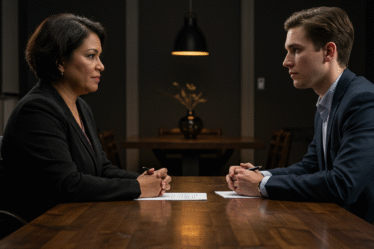
Navigating the complexities of human connection can be challenging, and sometimes, what begins as a loving relationship can devolve into something harmful. Toxic relationships, characterized by control, manipulation, and emotional abuse, can leave deep scars. This article will explore the often subtle signs of a toxic relationship and provide a roadmap for safely navigating your way out.
One of the first red flags in a toxic relationship is a persistent feeling of walking on eggshells. You constantly censor yourself, fearing your partner’s reaction to your opinions or actions. This can manifest as minimizing your accomplishments or downplaying your feelings to avoid conflict. Healthy relationships, in contrast, thrive on open communication and mutual respect.
Control, often disguised as care, is another hallmark of toxicity. Your partner might dictate who you spend time with, how you dress, or even monitor your finances. This gradual erosion of your autonomy can leave you feeling isolated and powerless. Remember, healthy relationships empower individuals, not diminish them.
Emotional abuse, often more insidious than physical abuse, can take various forms. Constant criticism, gaslighting (making you question your sanity), and belittling your feelings are all tactics used to undermine your self-worth. Over time, this emotional barrage can erode your confidence and leave you feeling trapped.
If you recognize these patterns in your relationship, it’s crucial to prioritize your safety and well-being. Leaving a toxic relationship is often a process, not an event. Start by building a support system. Confide in trusted friends, family members, or a therapist. Their support can provide the strength and validation you need to take the next steps.
Developing a safety plan is paramount, especially if you fear physical harm. This plan might involve securing important documents, identifying safe places to stay, and having a readily available contact list of emergency resources. Organizations like the National Domestic Violence Hotline offer valuable resources and support for individuals navigating this difficult journey.
Leaving a toxic relationship can be emotionally and logistically challenging. Expect a range of emotions, including grief, fear, and even relief. Remember that healing takes time. Focus on rebuilding your self-esteem and reclaiming your independence. Therapy can be an invaluable tool in processing the trauma and developing healthy coping mechanisms.
Ultimately, recognizing the signs of a toxic relationship is the first step towards reclaiming your life. By prioritizing your safety and seeking support, you can break free from the cycle of toxicity and embark on a path toward healing and healthy relationships.



